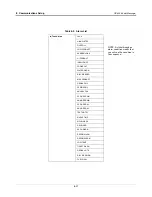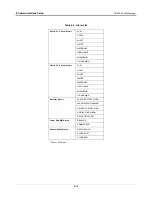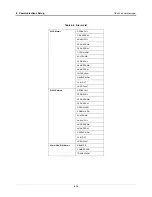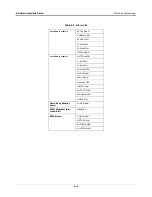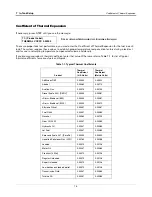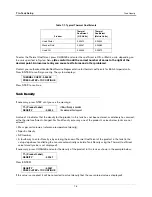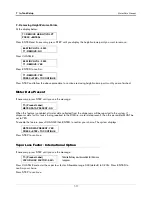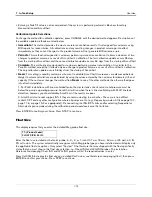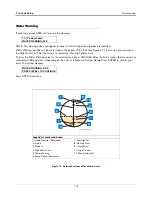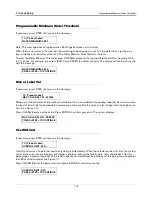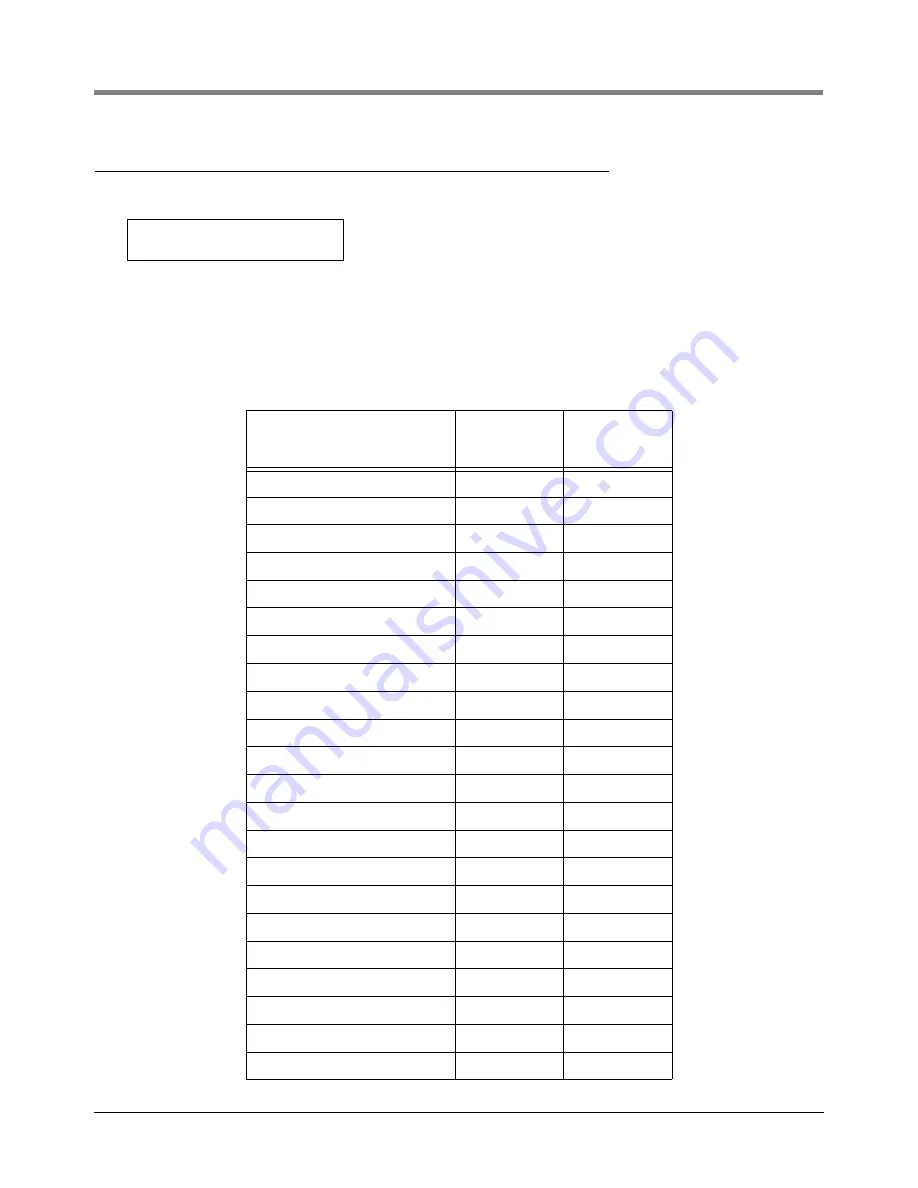
7-3
7
In-Tank Setup
Coefficient of Thermal Expansion
Coefficient of Thermal Expansion
If necessary, press STEP until you see the message:
To ensure proper leak test performance, you must enter the Coefficient of Thermal Expansion for the fuel in each
tank. The system requires these values to establish proper temperature compensation factors during a leak test
and for use in calculating temperature compensated volume and density.
If you know your product’s thermal coefficient enter that value. Otherwise refer to Table 7-1 for list of typical
thermal coefficients for various fuels and liquids:
Table 7-1. Typical Thermal Coefficients
Product
Thermal
Coefficient
(U.S. Units)
Thermal
Coefficient
(Metric Units)
AdBlue or DEF
0.00040
0.00022
Alcohol
0.00063
0.00114
Aviation Gas
0.00075
0.00135
Diesel (fuel oil #2) [DERV]
0.00045
0.00081
<Derv> Biodiesel (B20)
0.00045
0.00081
<Derv> Biodiesel (B100)
0.00044
0.00079
Ethylene Glycol
0.00037
0.00067
Fuel Oil #4
0.00047
0.00085
Gasohol
0.00069
0.00125
Gear Oil, 90W
0.00047
0.00085
Hydraulic Oil
0.00047
0.00085
Jet Fuel
0.00047
0.00085
Kerosene (fuel oil #1) [Paraffin]
0.00050
0.00090
Liquefied Petroleum Gas (LPG)
0.00160
0.00288
Leaded
0.00070
0.00126
Motor Oil
0.00047
0.00085
Premium [4 Star]
0.00070
0.00126
Regular Unleaded
0.00070
0.00126
Super Unleaded
0.00070
0.00126
Low benzene unleaded petrol
0.00070
0.00126
Transmission Fluid
0.00047
0.00085
Turbine Oil
0.00047
0.00085
T1: (Product Label)
THERMAL COEFF: 0.00000
If this is a siphon manifolded secondary tank, this window will not appear.







